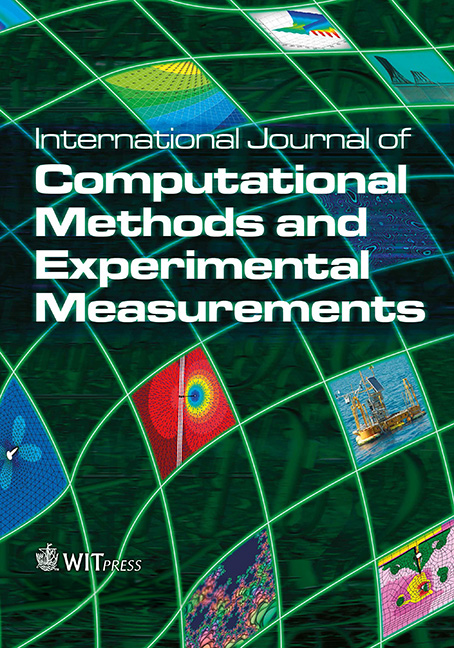EFFECTS OF SKIN THICKNESS AND CORE DENSITY ON THE RESIDUAL DENT DEPTH IN AEROSPACE SANDWICH PANELS
Price
Free (open access)
Volume
Volume 4 (2016), Issue 3
Pages
8
Page Range
336 - 344
Paper DOI
10.2495/CMEM-V4-N3-336-344
Copyright
WIT Press
Author(s)
D. WOWK & C. MARSDEN
Abstract
Sandwich panels are commonly used for aerospace structures that require a high-bending stiffness, but the thin facesheets that are bonded to the core can be susceptible to impact damage. It is necessary to be able to identify and assess the severity of the damage, but this can be difficult when dents are not visible on the surface of the skin. This can occur when the dent elastically springs back immediately after impact, and can cause the skin to return close to its original position, leaving little indication that a damaged core exists. Identifying combinations of skin thickness and core density that are more susceptible to spring back can enable better decisions to be made with respect to inspection procedures. Finite element simulations of metal-skinned honeycomb panels indicate that more spring back is expected to occur from panels composed of thicker skins and lower density core.
Keywords
core crush, finite element analysis, honeycomb, impact simulation, residual dent, sandwich panel, spring back




